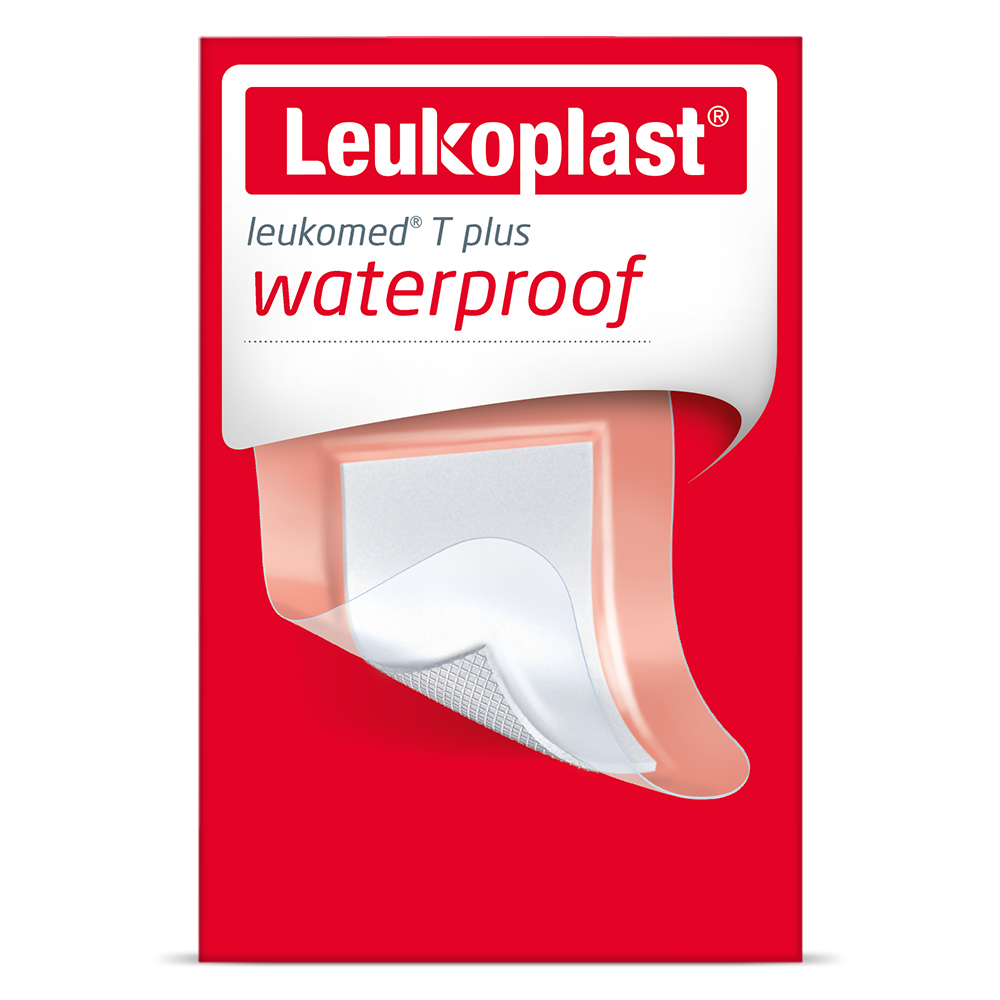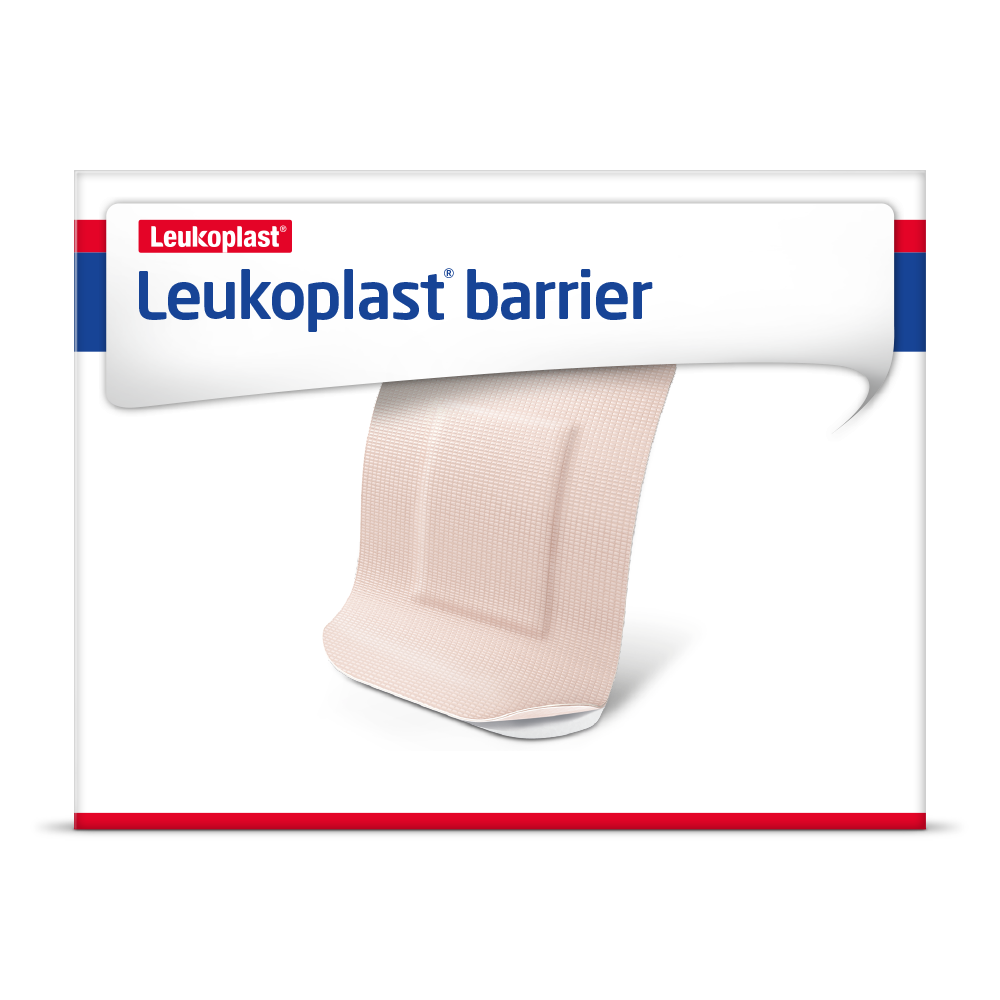Caring for scratches
These are slight injuries that happen when a sharp object, like a fingernail or thorn, scrapes along the skin. Scratches can also be caused by cats or other animals.
If the wound is bleeding, apply gentle pressure to the area with a clean gauze bandage or cloth and elevate the wound until bleeding stops.
Pat the area dry with a clean towel.
Please consult a doctor to consider a tetanus booster, especially if the wound is deep.
Tetanus bacteria are found in soil, intestinal contents, and feces of horses, and less commonly, cattle and other animals. Remember that cats (and also dogs) carry many pathogens on their claws. Particularly a cat scratch treatment is therefore a good opportunity to refresh your tetanus vaccination! 1
Most scratches are minor and can be dealt with at home. A visit to the doctor is necessary, however, if the scratch
If a wound becomes infected, the body's reactions to invading pathogens can be a warning signal. Pay attention to whether the wound
Should you notice any of these signs or a body temperature above 99.5 °F, please consult with your health care practitioner! 2
Many common wounds can be dealt with at home. But when should a doctor be consulted? Scroll down for more information!

Skin-friendly sterile dressing with wound pad for small to medium-sized wounds.

Waterproof yet breathable dressing for minor wounds helps to prevent infection.